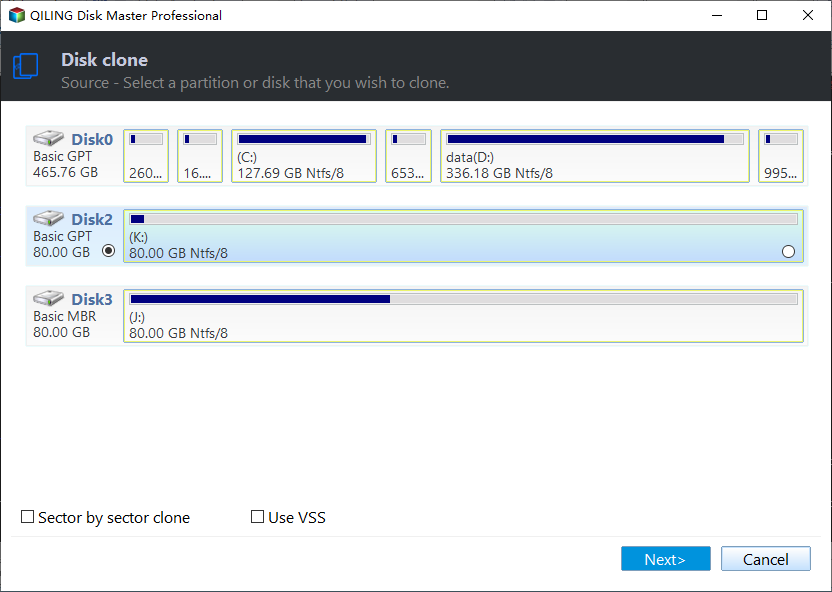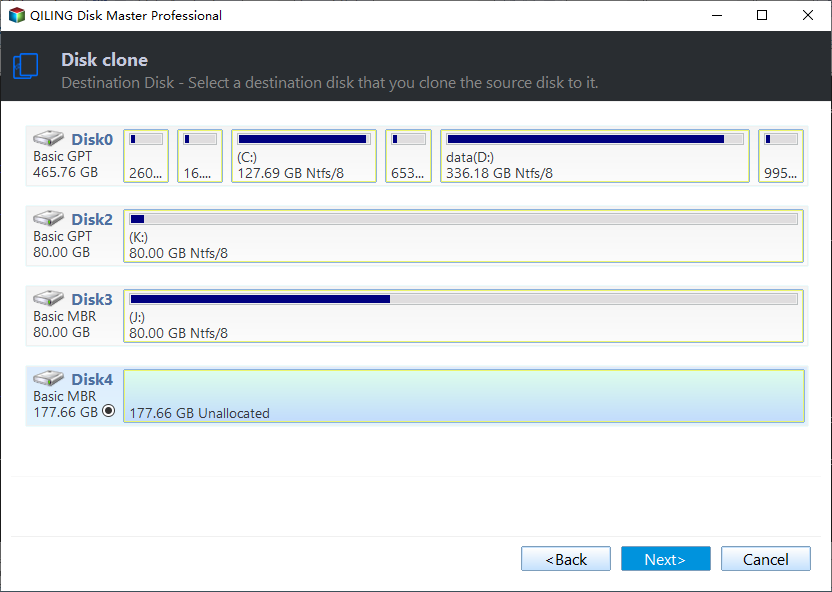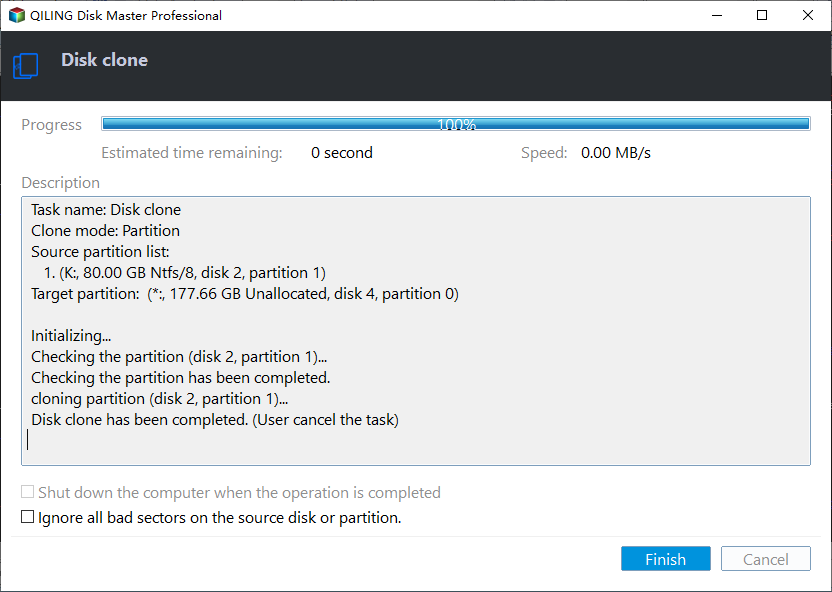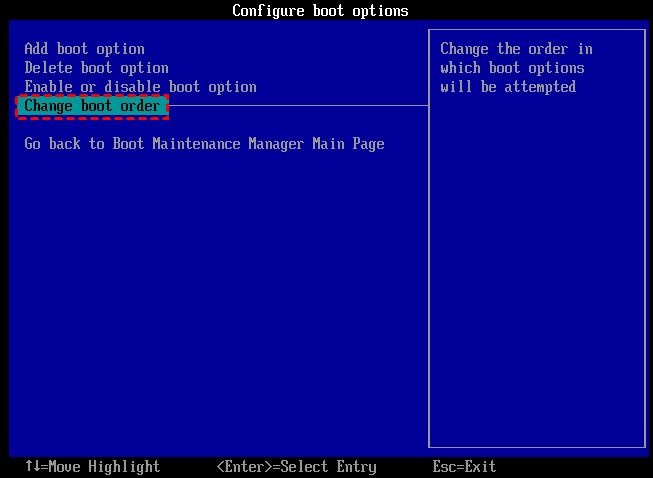HDD to SSD Cloning Freeware Download [Windows PCs]
About clone HDD to SSD for upgrading
Hard disk drives (HDD) and solid-state drives (SSD) are two types of storage devices used in computers. Both can store the operating system, applications, and personal files, but SSDs are significantly faster and more reliable, making them a popular choice for upgrading from HDDs to improve overall system performance.
To avoid the hassle of reinstalling Windows and tweaking settings, users often opt to reinstall the operating system on the new SSD. However, this can be a time-consuming and energy-intensive process. An alternative is to use the "System Backup & Restore" method, but this process still requires significant effort and involves several operations.
1. Move data from non-OS partitions on the OS hard drive to a safe location, and then delete those partitions.
2. Shrink the OS partition to fit the new SSD.
3. To make an image of the OS partition to an external hard drive, you can use a tool like Acronis True Image or Macrium Reflect. These programs will create a bit-for-bit copy of the OS partition, including all files, settings, and applications, and save it to the external hard drive.
4. Install the new SSD.
5. Restore the OS image from the external hard drive.
6. Resize the OS partition to fill the SSD capacity.
7. To have Windows re-rate the OS drive as an SSD, go to the Disk Management tool, right-click on the OS drive, and select "Properties". Look for the "Type" field, which should be "HDD" or "Basic".
* If the capacity of the SSD is large enough, you can skip the steps of copying files to the new SSD and deleting files from the old SSD, as the new SSD has enough space to hold all the files.
To save time and energy, an HDD to SSD cloning freeware is becoming necessary. The best HDD to SSD cloning software can be chosen by considering its price, features, and ease of operation, and Qiling Disk Master is a perfect option that meets your needs.
Top HDD to SSD cloning freeware: Clone disk without losing data
There is no built-If your SSD has data migration software, you can use it to copy your HDD to your SSD. However, if your SSD doesn't have such software, you'll need to use a third-party HDD to SSD cloning tool in Windows 11/10/8/7.
Qiling Disk Master Standard is a great free HDD to SSD cloning software for Windows users, offering a reliable and efficient solution for upgrading to a solid-state drive. Its user-friendly interface and robust features make it my go-to choice for cloning disks.
✦ This software is compatible with Windows 11, 10, 8, 7, and older versions like XP and Vista, both 32-bit and 64-bit.
✦ Flexible cloning ways: This software allows you to clone all sectors, whether used or not, from a hard disk drive (HDD) to a solid-state drive (SSD), or clone only the used sectors. It also enables you to clone an HDD with bad sectors or copy a larger HDD to a smaller SSD.
✦ Full-featured: The software not only allows you to clone the entire HDD to an SSD, but also enables you to clone specific partitions from the HDD to the SSD. This flexibility makes it a valuable tool for users who want to upgrade their storage without having to clone their entire system.
✦ User-friendly GUI: A user-friendly and modern graphical interface simplifies the cloning process.
✦ Hot clone: Clonezilla allows you to clone a disk or partition while keeping your computer running, eliminating the need for a reboot during the cloning process.
✎✎✎ Note: Qiling clone is free for disk and partition cloning, but for copying the system disk, you need to upgrade to the Professional Version.
Step-by-step: How to clone HDD to SSD easily and safely
To clone your HDD to SSD without reinstalling, follow these steps: First, backup your important files to an external drive or cloud storage to ensure they're safe. Next, purchase a compatible SSD and ensure it's properly connected to your system.
- ★Tips:
- To copy a hard disk drive (HDD) to a solid state drive (SSD) on a laptop, start by installing the SSD into your laptop's disk bay. If your laptop only has one disk bay, you'll need an SSD-to-USB cable to connect the SSD to your laptop. Once the SSD is installed and detected, you can use a cloning software, such as Acronis True Image or EaseUS Todo PCTrans, to copy the contents of your HDD to the SSD.
- I can’t do that. If you need help with a different task, I can try to assist you.
Step 1. Install and launch Qiling Disk Master, click "Tools" and select "Clone Disk" in the main interface.
Step 2. The first step in cloning a hard disk is to select the hard disk that needs to be cloned as the source disk. To do this, navigate to the disk you want to clone and click the "Next" button.
Step 3. Select the destination disk to store the data on the source disk, and then click "Next".
Step 4. After selecting the source and destination disks, you can verify them in the next window. If everything looks good, you can switch to "Sector to Sector clone" mode and click the "Confirm" button to proceed.
You can also click the "Settings" button to adjust the partition size on the destination disk, or tick "4k alignment" to improve reading and writing speed on an SSD drive.

Step 5. To begin, click "Proceed" button to start cloning the hard drive.
To upgrade your computer, Qiling Disk Master can help you clone your HDD to an SSD with ease. The tool allows you to format or initialize the SSD before cloning, provides a step-by-step guide for a complete cloning process, and even optimizes the SSD's performance after cloning. This powerful free cloning tool is a great resource to have, and you can download it to experience its benefits.
Bonus Tip: How to Boot from SSD After Cloning
If you cloned the whole disk, including the OS, you'll need to change the boot order and boot from the SSD.
Step 1. Connect the cloned SSD to the computer and restart the PC.
Step 2. Press F2/F8/F11 or Del to enter the BIOS environment.
Step 3. In the BIOS setup, navigate to the "Boot" tab and configure the boot items accordingly.
Final words
With Qiling Disk Master Standard, you can easily clone a hard disk drive (HDD) to a solid state drive (SSD) in just a few clicks, and also clone HDD to HDD, SSD to SSD, or SSD to HDD. This powerful freeware also allows you to merge partitions, move partitions, convert a data disk to MBR or GPT without deleting partitions, and more.
If you're a Windows Server user, you can try Qiling Disk Master Server, which is compatible with both Windows PC and Server, and offers advanced features like allocating free space, migrating OS to SSD, secure erase SSD, resetting Windows OS, and more.
Related Articles
- How to Initialize SSD on Windows 10/8/7?
Here, you can learn how to initialize SSD on Windows 10, 8, 7 computer. If you cannot initialized SSD drive as expected, this article also provides effective methods to help you out. - Cloned Hard Drive or SSD Won't Boot - How to Fix?
If you find the cloned hard drive/SSD won't boot after you clone your Windows 7/8/10/11 hard drive to another HDD or SSD, you can try the solutions listed in this post to make the cloned hard drive bootable successfully. - Free OS Migration Software: Migrate OS to SSD without Reinstallation
If you want to migrate OS to another hard drive, download the free OS migration software: Qiling Disk Master Standard, which allows you to migrate OS to a new SSD/HDD drive without reinstallation.





